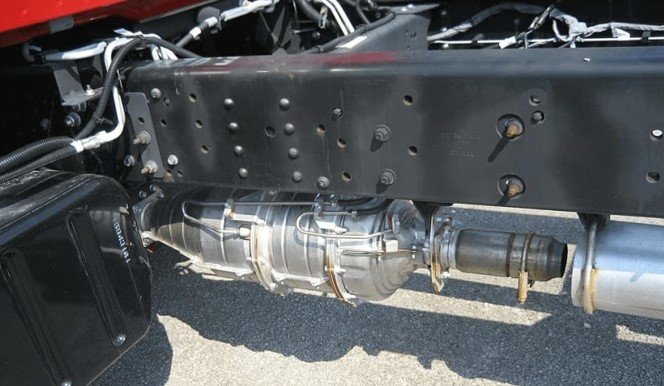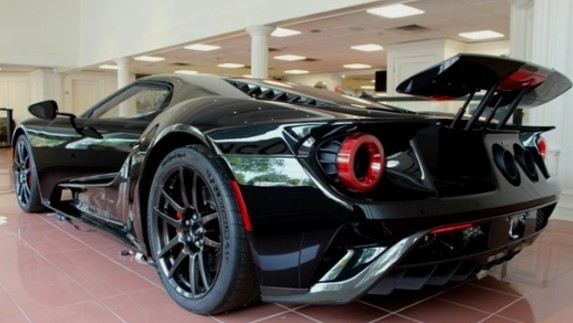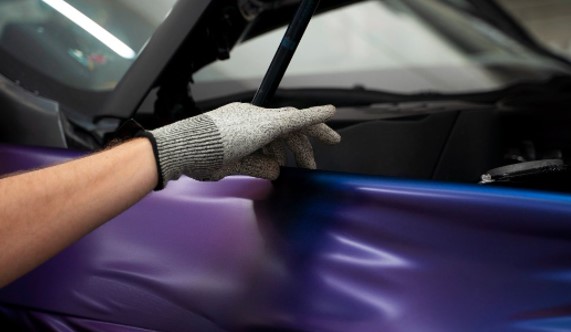The Last Jeep Cherokee Rolls Off the Line At Belvidere Plant

After a six-year run at the Belvidere Assembly Plant, Jeep Cherokee production is coming to an end. What could turn out to be the last Jeep Cherokee ever rolled off the assembly line on Tuesday, as Autoblog reports, and the Belvidere Plant has gone idle. The future of the Cherokee is now in question, as well as that of the Illinois plant and the 2,300 workers affected by Stellantis idling Belvidere.
Jeep Cherokee production winding down is hardly a surprise at this point: Stellantis had announced it would be idling Belvidere in December of last year. Sales of the Jeep Cherokee have been declining steadily for months, which is in stark contrast to other small-to-midsize SUVs from Jeep’s rivals, including the massively popular Toyota RAV4.
The Cherokee has struggled to find its footing in America despite a familiar (and, sometimes, controversial) badge even with the expanded capabilities and options that Jeep added to the latest generation — namely, the release of the Jeep Cherokee Trailhawk. But it looks like midsize SUV buyers in the U.S. would rather have hybrids or plug-in hybrids as opposed to off-road packages.

Jeep has so far not announced specific plans for the electrification of the Cherokee, but the company shared a statement about the SUV’s future, saying:
The Jeep brand is fully committed to expanding its presence in the mid-size SUV segment, one of the largest in the world. The brand recently announced the introduction of two new fully electric, mid-size SUVs that will begin production in 2024. We will make an announcement regarding the next generation Jeep Cherokee in due course. All Jeep brand vehicles will offer an electrified variant by 2025, including four zero-emission vehicles in North America and in Europe.
G/O Media may get a commission
According to Stellantis, the Jeep Cherokee isn’t going away entirely. And if the company is, indeed, planning to sell EV variants of every Jeep it makes, then a Cherokee 4Xe could see the light of day whenever the next generation is revealed. The company is being cryptic about the timeline, however, and “due course” doesn’t reveal much.
The company’s latest investments into domestic EV production in the U.S. suggest that smaller SUVs are not a concern for now. Around the same time that Stellantis confirmed that it would suspend production at Belvidere, the company also announced a $155 million investment for its production centers in Indiana.
Three (more or less) adjacent assembly plants in Kokomo will work in tandem to build EV drivetrains that’ll go in the upcoming STLA Large and STLA Frame platforms. But it’s unclear if a possible Cherokee-based EV will be made using either of those, or if at all. Stellantis is working on two other EV platforms (for a total of four) as it ramps up EV production across its brands.
For now, Stellantis CEO Carlos Tavares says the plant is being idled rather than closed altogether, according to Automotive News. But the company overlooked the Illinois plant when deciding where to funnel any resources meant for future EV production. Unfortunately, that transition is behind Stellantis idling production at Belvidere after 58 years of assembly at the site: the plant has been making FCA cars for decades, including the Plymouth Fury, Dodge Neon and Jeep Compass. Jeep Cherokee production had been ongoing since 2017.
Now that the plant is idle, some 2,300 workers are being adversely affected. These workers are represented by the United Automobile, Aerospace and Agricultural Implement Workers of America (UAW), however, and the Union has been in talks with Stellantis over the “indefinite layoffs” at Belvidere. Some workers are being relocated, while others were giving the option to retire early.
That doesn’t bode well for what Tavares referred to as the “idling” of Belvidere as opposed to its closure. And the timing on this couldn’t be worse: the UAW will be renegotiating its contracts with the Big 3 from Detroit this year. It’s likely that Belvidere will be one of the rallying points for the UAW during tense negotiations with Ford, GM and Stellantis.









